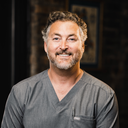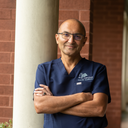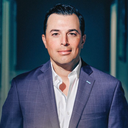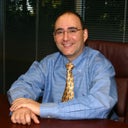Nasal Valve Collapse Surgery?
I have been told that I have nasal valve collapse on both sides 3 months post op. I was wondering when a revision could be performed, and if this is a safe and relatively easy surgery compared to a rhinoplasty. I want this to be my LAST rhino, but am afraid things could go wrong. I have not heard but about this surgery and was wondering if the success rate is high and what needs to be done. TY










